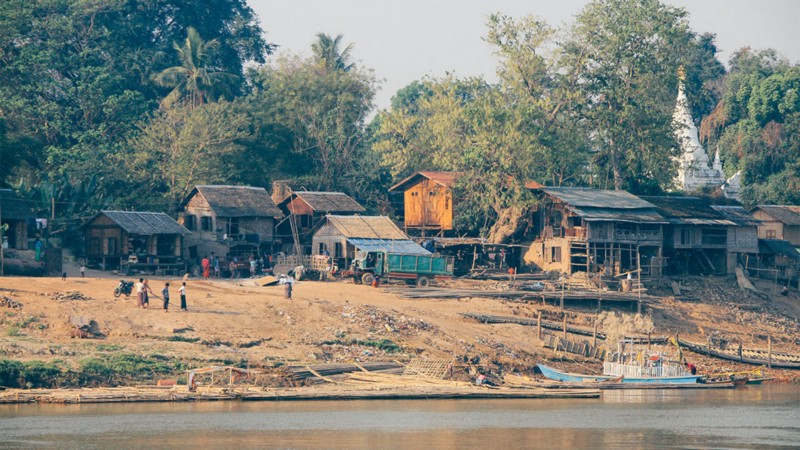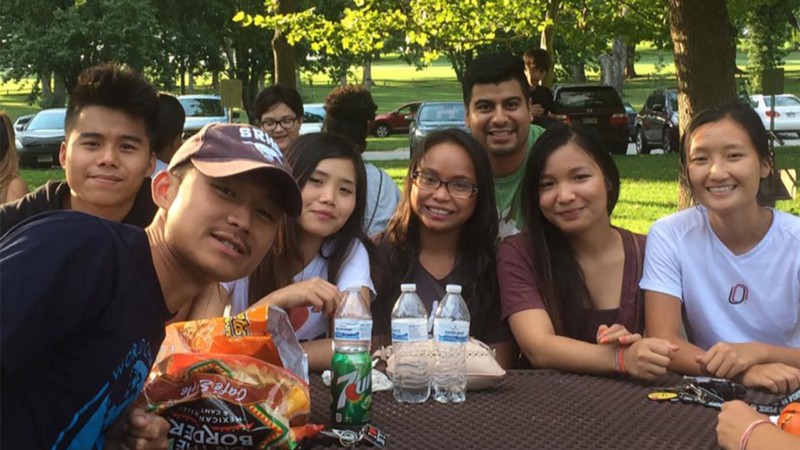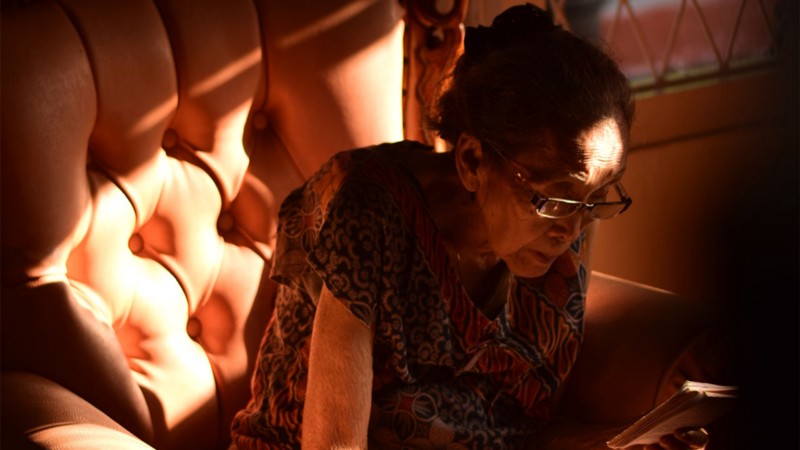
From Myanmar to Nebraska
Releasing students to reach refugees in the USA
Alee first met Sha K’ Paw on 20 June — World Refugee Day. He was one of the volunteers, helping out amidst the good-natured chaos of the face-painting, soccer tournament and fashion show. The annual event in Omaha, USA always attracted big crowds, and that year was no exception. Alee, an InterVarsity staff worker, had the responsibility of coordinating the team of volunteers.
They hadn’t had many high school student volunteers in the past, so the fact that these young people were volunteering stood out to her. She got talking to two of them — Sha and his friend, Sunkist — both Karen refugees from Myanmar. It turned out that they were planning on going to the University of Nebraska Omaha (UNO) that fall. Alee’s ears pricked up! She’d met Karen children before, but she’d never met Karen students going to college. They chatted away. And then she took a stab in the dark: “Are you two followers of Jesus?”
Sha K’ Paw
Sha K’ Paw was born in Myanmar, a country in South Asia marked by a long, devastating civil war. At the age of seven he moved to a refugee camp in Thailand, where he stayed for six years, without his parents. It was a simple life: every day Sha went to school, played with his friends and ate rice with mung bean soup. His dormitory was run by Christians who taught the children to read the Bible and pray every morning and evening.

At 12, Sha moved to the US with his aunt in search of a better life, and was suddenly plunged into a totally different world: the culture, the language, the people — everything was different. He writes:
“I had heard people tell stories about what ‘third countries’ (countries where the refugees settle) are like. I’d heard they have a lot of food, great education, freedom and opportunity. And when I got to the US, I found the stories were true: the country was full of great things. But there were struggles too. I no longer had to worry about my empty stomach, but I had to worry about eating too much. I no longer had to worry about war, but I couldn’t speak English, and I struggled with school and understanding the culture. I no longer had to live in fear, but I still worried about my future.
As a teenager, I looked back and I could see how God had led me safely through life. There had been moments in my life when I’d felt alone and abandoned — but God had been there with me. There had been moments when I’d wanted to quit — but God had strengthened me. Realising deeply how He had been a Father and Saviour to me all along, I accepted Him as my Lord and Saviour, without doubt or question. I was baptised on 5 March 2011, at the age of 15.”
An answer to prayer
As all staff workers know, meeting Christian high school students about to go to university is a golden opportunity. All you need to get is their number, and you can plug them straight into a fellowship group before they’ve even set foot on campus.
But Alee met Sha around the time that her InterVarsity staff team had been praying about reaching every corner of the campus. They’d been reflecting on the way that each person reached is connected to a network or people group. With those prayers in mind, Alee realised the opportunity in front of her. Release, not recruit. That was what InterVarsity student ministry was all about. These two young Christians could be added into an existing, thriving fellowship group at UNO. Or they could be empowered and equipped to start their own, reaching out to other Karen refugees. It was a no-brainer.
Mookatah
After meeting Alee at the World Refugee Day, Sha and a few of his friends were connected to the staff workers at UNO. They bonded over mookatah (Thai grill) and after arriving at UNO as freshers, started studying the Bible together. Sha and a few others were discipled, and it wasn’t long before they were leading the Bible studies themselves and telling their friends about Jesus: “My friends need to know that Jesus loves them; someone needs to help them know that, and I guess that person is me.”

The group grew, as more Karen students heard about the fellowship group and joined in. Sha reflects on that time of growth:
“I continued to grow little by little as I was learning and leading at the same time. A group of us also prayed about God’s mission on our campus and we saw growth over the past year. It was the investment of our staff workers in us that helped us grow, and of course the Holy Spirit who led us.”
God’s faithfulness for pilgrim people
Almost all of the Karen students are the first in their families to study in the US. Most, like Sha, grew up in refugee camps before moving to America. They arrived with little or no English. Their parents would have had even less. It was up to the children to help their parents adapt to the new culture, act as interpreters, go to the bank, read the mail. The pressures of being displaced are all-too familiar for these young people.

The group of around 25–30 refugee students at UNO have been studying the book of Exodus, learning from the story of God’s displaced people. Having seen the faithfulness of God in the Bible and in their own stories of suffering, the students want others to know Him too. Some of them have even started reaching out to other refugee communities around them. One student, Manger, said:
“I am encouraged by my experience as a former refugee and a first-generation college student. I experienced God’s love throughout my life and I want to share it with others. I want to see revival in my community — at church, at home and at school.”
It is amazing to see how a casual conversation at a community event a few years ago has grown into a thriving student ministry. But this story is as challenging as it is encouraging. Are we, like Alee, praying for opportunities to reach new corners of the campus? How many more unengaged networks could be reached this year if more of us adopted the release, not recruit mentality? Are we looking to share the faithfulness of God with those around us?
